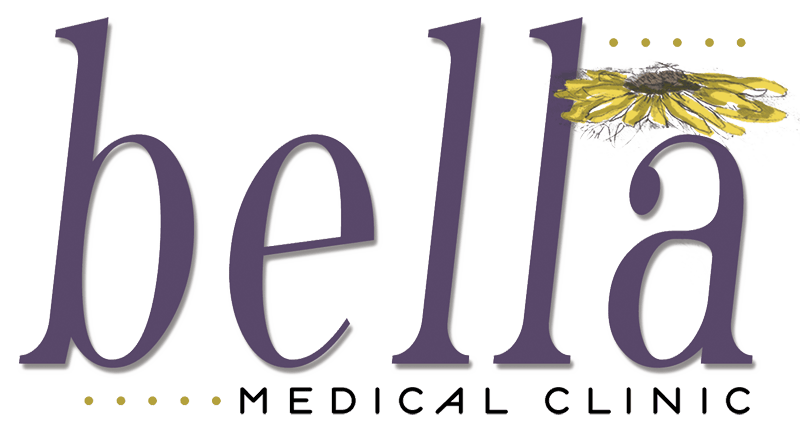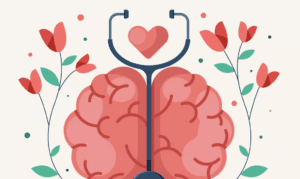The decision to have an abortion is a deeply personal and complex one, and its impact on mental health can vary from person to person. It’s important to note that the emotional and psychological responses to abortion can be influenced by various factors, including individual circumstances, personal beliefs, social support, and cultural context.
What Are the Mental Health Effects of Abortion
Women may experience feelings of guilt, sadness, or regret. It’s important to consider the individual’s unique circumstances and emotional well-being, if she may benefit from emotional support and counseling. If you or someone you know is experiencing difficulty coping with emotions after an abortion, seeking professional help from a mental health provider or counselor is advisable. They can offer support, guidance, and coping strategies tailored to individual needs. It’s essential to approach the topic with sensitivity and without judgment, recognizing that each person’s experience is unique. Bella Medical Clinic offers support in many ways. Bella has staff members and volunteers who have been there. Help is available at no cost to the individual.
What Are Symptoms of Abortion Trauma?
It’s important to note that those who undergo an abortion will react in various ways. However, some individuals may experience emotional or psychological symptoms that are often referred to as “abortion trauma” or “post-abortion stress.”
Common emotional and psychological responses from “abortion trauma” include:
- Guilt or Shame: Some individuals may feel guilty or ashamed. These feelings are often influenced by personal or societal beliefs about abortion.
- Regret: Feelings of regret may arise, especially if the decision to have an abortion was difficult or if the individual later questions their choice.
- Sadness or Grief: Some people may experience a sense of loss and go through a grieving process, even if they believe that the abortion was the right decision for them at the time.
- Anxiety or Depression: Some individuals may experience symptoms of anxiety or depression related to the abortion experience.
- Difficulty Concentrating: Emotional distress may impact concentration and focus for some individuals.
- Changes in Relationships: The experience of having an abortion can often affect relationships, including those with partners, family, or friends.
- Flashbacks or Intrusive Thoughts: Some individuals may experience intrusive thoughts or flashbacks related to the abortion, which can be distressing. This is less common but can occur.
It’s important to remember that these reactions are not universal, and each individual may react differently. Factors such as pre-existing mental health conditions, circumstances surrounding the abortion, and level of support can all influence an individual’s response.
Finding Support
If you or someone you know is considering an abortion or just had an abortion and need to talk, Bella’s medical professionals are here to support you wherever you are in your journey.
It’s important to approach discussions about abortion with sensitivity and without judgment. Each person’s experience is unique, and the emotional response can be influenced by various factors, including personal beliefs, cultural context, and the circumstances surrounding the abortion. If someone is struggling with their emotions after an abortion, seeking support from mental health professionals, counselors, or support groups can be beneficial. Open communication and understanding within relationships can also play a crucial role in providing emotional support.
Bella Medical Clinic offers one-on-one support, group support, and contacts to online studies, healing retreats, and referrals to additional community resources. Bella has staff members and volunteers who have been there. You are not alone. FREE help is available. Call/text (920) 231-6006 or schedule a free, confidential appointment online today.







